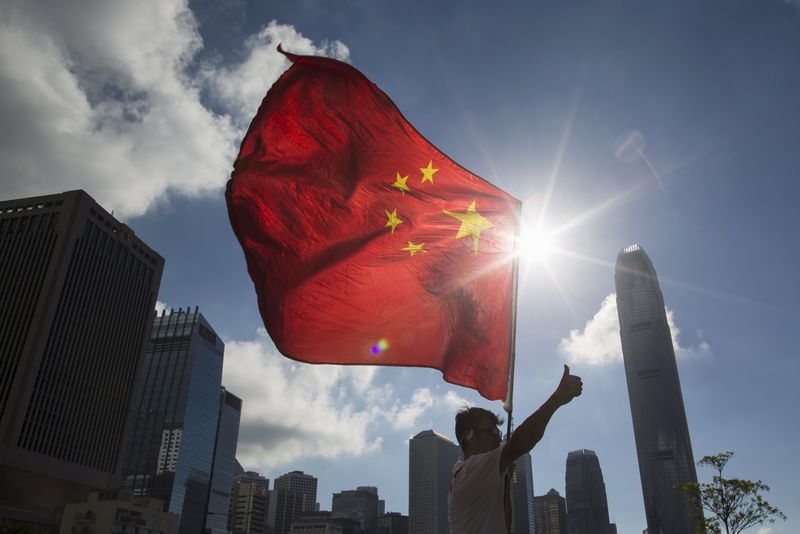How are energy investors positioned?
Investing.com -- Chinese manufacturing activity shrank as expected in June, data showed on Friday, as the country’s biggest economic engines took little support from recent stimulus measures, clouding the country’s economic prospects this year.
The official manufacturing purchasing managers’ index (PMI) read 49.0 in June, data from the National Bureau of Statistics showed. The reading was in line with expectations and slightly higher than the prior month’s reading of 48.8.
A reading below 50 indicates contraction, with the manufacturing PMI now having shrunk for a third consecutive month.
The weak data comes despite a slew of stimulus measures by the Chinese government to shore up economic growth, which even included several interest rate cuts by the People’s Bank of China through June.
But the country’s massive manufacturing sector, which is seen as a bellwether for the broader economy, is struggling with weak local and overseas demand amid worsening economic conditions.
The sector has also largely struggled to recover substantially from three years of COVID lockdowns, even after China relaxed most anti-COVID restrictions at the beginning of the year.
With manufacturing activity having shrunk for all three months in the second quarter, Friday’s data largely undermined recent comments from Premier Li Qiang that Chinese economic growth will accelerate in the June quarter.
China’s non-manufacturing sector also grew less than expected in June, with the PMI reading of 53.2, weaker than expectations of 53.7, and May’s reading of 54.5.
Several key drivers of the Chinese economy - mainly consumer spending, manufacturing, and the property sector - have struggled to recover this year, despite consistent stimulus measures from Beijing. The country is experiencing steady disinflation this year, amid weak spending.
Private capital investment in the country has also dried up amid doubts over China’s economic prospects this year, as well as persistent fears over any renewed COVID-linked disruptions.
Measures by the U.S. to block China’s access to key chipmaking technology are also expected to take a toll on the economy, by pressuring its fledgling semiconductor industry.
